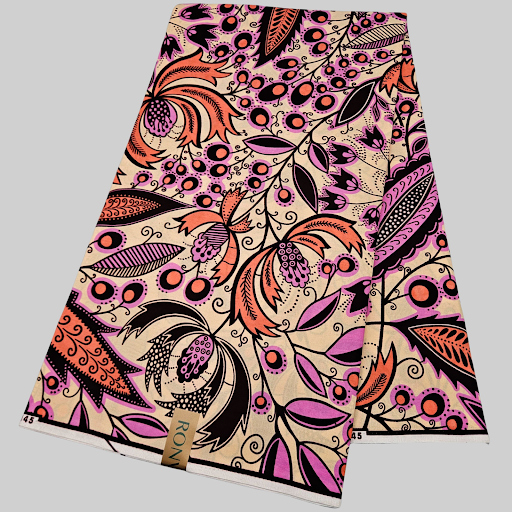The world market is increasingly becoming globalized, and according to the shrewd trader and businessmen, the African imports represent a new untapped reservoir of potential. Going beyond the traditional sourcing regions to consider African Imports Wholesale at wholesale is not just a business decision, but a chance to offer the customers unique high-quality products with a story, tradition, and art. The industry is enjoying a boom which has been driven by consumer interest in authenticity, ethical sourcing and unique design.
The Allure of African-Made Goods
The most beautiful thing about the African wholesale goods is that they are highly varied and culturally significant. Unlike products manufactured in large quantities, these are products that often include a story. The current consumer is turning out to be more and more critical and wants merchandise that positively impacts and that has a clear heritage. The African imports come in here. Roughly hewn Kenyan soapstone bowl, woven Ghanaian Kente cloth, plain and efficient at the same time, all that leaves a mark of their manufacturers. Popular categories include:
- Fashion and Textiles: Ankara and Kitenge textiles are also quite popular; hand-dyed mud cloth (Bogolanfi) and ready-to-wear clothes are very popular.
- Home Decor/Art: Sculptures, masks, hand weaved baskets, beads jewelry and pottery give any house an international and artistic feel.
- Natural Body Care: Shea butter is an African product, argan oil is a Moroccan product and hence other natural cosmetics are rated highly because it is of good quality and works.
- Food and Beverages: Specialty coffee produced in Ethiopia, specialty teas produced in Kenya, and specialty spices which are now moving out of the specialty markets into the mainstream.
Navigating the Wholesale Sourcing Process
Direct sourcing of products in the continent needs to be strategic. The initial one is extensive research. Find a niche that you are interested in and that you believe has market needs. Then you have to identify credible suppliers. This can take various forms, including, attending international trade fairs where African products are on display, or by utilizing established B2B online marketplaces, which have verified the suppliers, or, even, by creating direct links to artisan cooperatives. The second one is a great solution to ethical practices and fair trade, which is a huge selling point in the present consumer society.
Building a Business with Impact
Wholesale imports of goods in Africa are not just a way of making money; it is a joint venture. When you create a business around these products, you are directly affecting the livelihoods of artisans, farmers, and small business owners all over the continent. You are like a bridge, you connect their work to a world that wants something real. It is a great element of your cultural exchange/economic empowerment story and it appeals to a conscious customer base on a very personal level.
Potential abounds in the world of African imports wholesale when one is willing to do his homework. By prioritizing quality, developing effective supplier relationships and harnessing the compelling stories behind the products, you can develop a successful and meaningful business that can be identified in a saturated market place.
